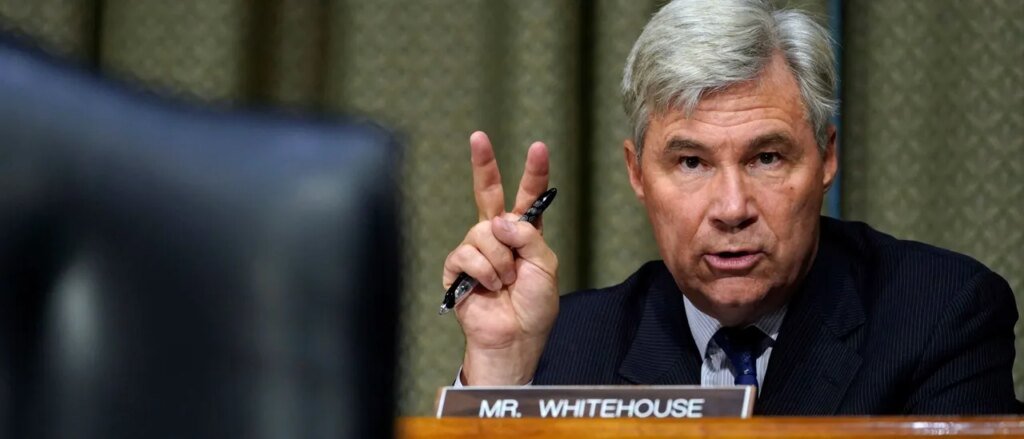Climate Research and Its Flawed Predictions
The ongoing debate about how climate science is presented to the public and policymakers is highlighted by recent events. A particular study, spotlighted by various media outlets, has stirred significant controversy. This research not only drew widespread attention but also made its way into formal US Congressional discussions, notably through Senator Sheldon Whitehouse.
In 2024, the White House raised alarms in the Senate, declaring an urgent need to confront alarming predictions of climate-related economic damage, using a study from the Potsdam Institute for Climate Impact Research as a key piece of evidence. The projections suggested a potential loss of 19% of global GDP by 2050, escalating to an astonishing 62% by 2100.
However, there’s a significant issue. The scientific basis for these predictions is questionable. A recent analysis revealed that the study relied heavily on erroneous economic data from Uzbekistan, where GDP reportedly dropped 90% in 2000 and then surged by 90% in 2010. Such inaccuracies skewed the models’ outcomes significantly.
When the Uzbekistan data is removed, the projected GDP losses for 2100 drop from 62% to just 23%, and for 2050, predictions revise downward from 19% to 6%. This indicates that misleading data from a nation making up merely 0.2% of the world’s GDP has greatly influenced predictions about global economic repercussions.
Instead of retracting this flawed paper, its authors chose to merely adjust their methodology, still arriving at figures that echoed the original conclusions. Solomon Fusian from Stanford, who identified the inaccuracies, remarked that true scientific inquiry should not manipulate experimental setups to produce desired outcomes. Unfortunately, climate economics often seems to operate differently, prioritizing predetermined conclusions over objective analysis.
This isn’t just an academic concern; these studies have real political ramifications. The White House has utilized these figures to advocate for aggressive climate policies, framing the issue as one of monumental economic loss, which has significantly impacted both US governance and international financial institutions. Yet, now we see these alarming statistics can be traced back to a single source of flawed data.
The irony is striking. The White House has long proclaimed the need for accountability against those who disseminate “misinformation” in climate discussions. And yet, in this instance, they themselves have relied on data-driven forecasts that are fundamentally flawed.
If there’s a genuine commitment to holding others accountable, it seems necessary for the administration to revisit its approach and address these inaccuracies publicly. Recently, the president endorsed a directive aimed at restoring what he termed “Gold Standard Science,” emphasizing reproducibility and transparency in research.
While this appeared to be a positive step, the subsequent scrutiny of prevailing climate studies has shown that many failed to meet these standards. Issues with data transparency and replication of results are alarmingly common, raising concerns about the research practices in this field.
For years, discussions surrounding climate policy have been guided by extreme forecasts based on speculative models and selective datasets. Even when these models prove unreliable, the political machinery rarely falters. Instead, it seeks out yet another study claiming groundbreaking findings.
The situation surrounding Uzbekistan is more than just an anecdote; it serves as a critical examination of the public’s skepticism towards climate science and why the “Gold Standard Science” initiative holds substantial importance.
So, Senator, consider this a humble suggestion: correct the public record and lead by example. In discussions about climate science, prioritize accuracy over sensationalism. Next time, let’s ensure that studies claiming enormous financial losses undergo rigorous scrutiny, possibly revealing inconsistencies, much like those found in the Uzbekistan data.







